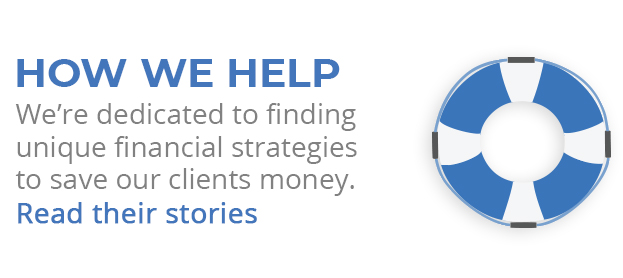What kind of financial loss would your business face without its key employees? They are worth more than their salaries – their performance, professionalism and character make your company what it is, and provide the stability and predictability you need to realize a profit.
Because of this reality, wise businesses owners take a look at key employee insurance.
Aren’t the premiums for key employee insurance sizable? Not necessarily. In fact, they may seem profoundly insignificant compared to the financial hit your company could take without a key worker.
If you lose an executive, a manager or even a salesperson who has built core relationships for your business, you’re looking at the possibility of decreased revenue for the company, the cost of recruiting and training a replacement, potentially expensive snafus if that replacement screws up, and even client/customer attrition (to some of your customers or clients, things may “never be the same”).
The cost of coverage depends on several factors: the amount and type of coverage, the nature of your business, the medical histories and ages of the insured parties, and the estimated expenses and profit loss that could occur as a result of their death and disability.
What are the potential advantages of having this insurance in place? First of all, there are financial benefits available to compensate your firm for the income loss related to the loss or disability of the worker. The presence of these benefits may reassure creditors, lenders, and vendors if a seemingly essential employee dies. If your business is incorporated, the insurance benefits can help alleviate the concerns of investors and shareholders.
If the policy has cash value (i.e., it is a whole life or universal life contract), then it can also be offered as a retirement perk. Upon his or her retirement, the valued worker may be given the cash surrender value of the policy. Some small businesses choose term life coverage rather than whole life or universal life policies to save some money.
Some tax factors to note. Premiums on these policies aren’t tax-deductible. That is because your business will receive the benefits.
If the proceeds from a key employee life insurance policy are payable to the employer, they may be subject to income tax (there are exceptions). If a corporation buys a key employee life insurance policy, any premiums it pays for the coverage will not be included in the taxable income of the insured employee – as long as the employee doesn’t have an ownership stake in the policy.
Policy proceeds are received free of federal income tax. That holds true even if ownership of the policy has been transferred to the insured, a partnership the insured belongs to, or a corporation in which the insured is a shareholder or officer.
What if the insured key employee is also a majority shareholder in a corporation? If the proceeds from a key employee life insurance policy are made payable to the corporation, those proceeds will not be included in his or her gross estate for federal tax purposes. If any other person or entity is to receive them, they will be.
You can also purchase key employee disability insurance. The routine is the same in this variation: the business owns the policy, pays the premiums, and is designated as beneficiary. Commonly, the insurer offering the policy defines a disability as the inability of the insured worker to perform their job because of significant illness or injury.
How large are the benefits paid out to your business? They may be as large as 100% of the disabled employee’s salary. Sometimes the percentage is less. That payout is usually sustained over 6-18 months, preceded by an “elimination period” lasting 30-180 days. If the worker can’t come back to the job within the elimination period, the benefits begin. Some of these policies state that the insurer will actually pay the premiums during the benefit period or in some cases even for the duration of the disability.
Doing business without key employee insurance is a risk – a financial risk that your company could do without. To address that risk, look at some of the coverage available; relatively speaking, it may prove a bargain.

About the Independent Financial Advisor
Robert Pagliarini, PhD, CFP®, EA has helped clients across the United States manage, grow, and preserve their wealth for the past 25 years. His goal is to provide comprehensive financial, investment, and tax advice in a way that was honest and ethical. In addition, he is a CFP® Board Ambassador, one of only 50 in the country, and a real fiduciary. In his spare time, he writes personal finance books, finance articles for Forbes and develops email and video financial courses to help educate others. With decades of experience as a financial advisor, the media often calls on him for his expertise. Contact Robert today to learn more about his financial planning services.










